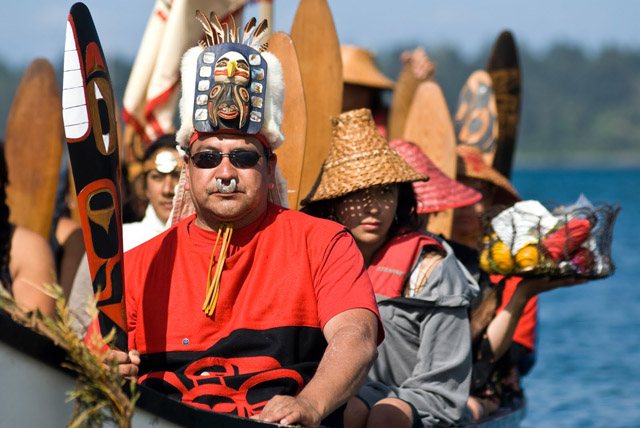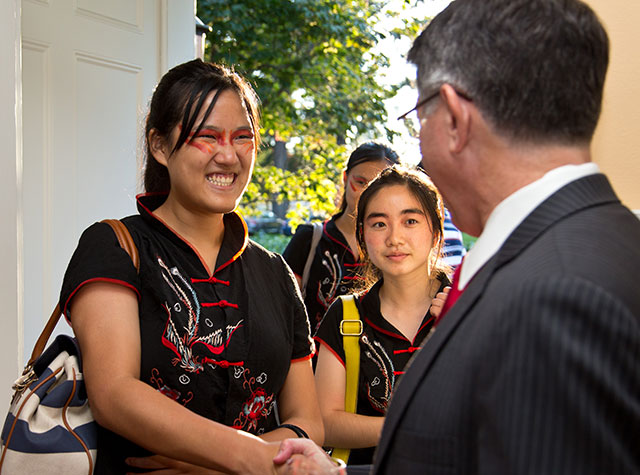Page 36 • (997 results in 0.031 seconds)
-
No courses in music (MUSI) may be taken for credit by examination. First-Year Students Students intending to major in music should begin the major music sequences in the first year.
Lessons (22) MUSI 202 or 402: Private Instruction – Piano (15) MUSI 399: Junior Recital (3) MUSI 499: Capstone: Senior Project (Senior Recital) (4) Concentration Module (11) MUSI 219: Harpsichord (1) or MUSI 203: Organ (1) MUSI 345: Conducting I (1) MUSI 346: Conducting II (1) MUSI 421: Functional Piano for the Professional Musician (2) MUSI 430: Piano Literature 1 (2) MUSI 431: Piano Literature 2 (2) MUSI 451: Piano Pedagogy (2) Electives (10) Choose any MUSI 300-498 not already used in the major
-
EPC Proposal Evaluation and Institutional Impact Evaluation forms are available in the Documents and Forms section of the Provost Office website.
9Women’s and Gender Studies Feb 27 - Mar 28Mar 11-Apr 11Apr 3 - May 4Apr 30 - May 31May 13 - Jun 15Jun 26 - Jul 27Sep 29 - Oct 29Children’s Literature and Culture Minor Nov 5 - Dec 7STEM Education MinorDec 18 - Jan 29, 2021Feb 25 - Mar 272019Jan 22- Feb 20Feb 4 - Mar 5Mar 15 - Apr 15May 17 - Jun 17Kinesiology (MSK) New Master’s DegreeJun 6 - Jul 5Sep 27 - Oct 26Sociology Criminal Justice Major Oct 25 - Nov 25Nov 15 - Dec 17Hispanic Studies Dec 13 - Jan 212018Mar 6-Apr 5Musical Theatre ConcentrationMar
-
Class Acts The everyday triumphs, joys and challenges of eight dedicated educators – all Lutes – at a single bustling middle school. Who would want to teach hormone-laced, boundary-pushing, in-your-face, preteen and teenage students? The teachers at Cascade Middle School, that’s who. Their number includes…
education class 8:05 A.M. Ms. Dozier’s eighth grade literature class 9 A.M. Assistant Principal Heinen’s office 9:52 A.M. Mr. Homfeldt’s eighth grade history class 11:15 A.M. Mr. MacDougall’s seventh grade language arts class 11:20 A.M. Cascade Middle School cafeteria 1:05 P.M. Mr. McNeese’s gym class Story by Chris Albert and Barbara Clements Photos by Jordan Hartman Read Previous Biologist use Murdock grants to study birds, fish Read Next Looking into the laws behind adoption COMMENTS*Note: All
-
The PNWU College of Osteopathic Medicine was founded in 2008 in Yakima, Central Washington. Approximately 60% of practicing osteopathic physicians (DOs) specialize in primary care, focusing on family
Best Medical School in Primary Care & Research by U.S. News. Approximately 92% of MAMS graduates go on to a health professional school (i.e. DO, MD, PT, OT, PA, Pharmacy, Dentistry, Optometry, Podiatry) Program PrerequisitesDoctor of Osteopathic Medicine (DO) Prerequisite Courses: English composition and literature: 6 semester hours/9 quarter hours General chemistry: 8 semester hours/12 quarter hours Organic chemistry: 8 semester hours/12 quarter hours (4 semester hours can be biochemistry
-
Optometrists are health care providers who examine, diagnose, treat, and manage diseases and disorders of the visual system.
or eye care insurance, more optometrists will be needed to monitor and treat eye conditions. *Adopted from literature of the American Optometric Association and the Bureau of Labor Statistics
-
Optometrists are health care providers who examine, diagnose, treat, and manage diseases and disorders of the visual system.
or eye care insurance, more optometrists will be needed to monitor and treat eye conditions. *Adopted from literature of the American Optometric Association and the Bureau of Labor Statistics
-
University Jazz Ensemble news for Pacific Lutheran University.
Black History Month Concert kicks off 2014 SOAC Focus Series on Entrepreneurship On Thursday, February 20, the 2014 SOAC Focus Series on Entrepreneurship will kick off with the Black History Month Concert in Lagerquist Concert Hall. Directed by David Deacon-Joyner, the concert plays tribute to the entrepreneurship of African-Americans featuring the legacy of their music, literature, and… January 21, 2014 University Jazz EnsembleUniversity Wind Ensemble
-
Luther-Olds: A Mighty Fortress Is Our God Ives, Charles: Psalm 90 Tallis, Thomas: Spem In Alium Nunquam Habui (motet in 40 parts) Christiansen, F. Melius: Beautiful Savior Christiansen, F.
Our Life? arr. Siegfried, Kevin: Selections from Shaker Songs Starland Vocal Band, arr. Crenko, Joel: Afternoon Delight Neptun, Don: Tribute to Mr. Rogers Norwegian Folksong, arr. Caplin, Thomas: Du ser meg i auga Glass, Philip: Knee 3 from Einstein on the Beach arr. McFerrin, Bobby: Knick Knack King, Carole: Natural Woman Madsen, Gunnar/Green, Richard: Drive by Love Collins, Phil: Trashin’ the Camp Celtic Folksong, arr. Emmert, David: Donald, Where’s Your Trousers? Rossini, Gioacchino: William
-

The Tlingit tribe wait to come ashore during the Ceremonial Landing and the commencement of Tribal Journeys. We sat for hours, baking in the sun while droves of exuberant people in lavish regalia requested landfall. (Photos by Theodore Charles ’12) My Tribal Journey By Theodore…
fry bread. No matter what we did, we learned a great deal about native culture – and a little about our own traditions. I come from an extensive Scandinavian family that hosts a Smorgasbord around Christmas and garlands its trees with Swedish and Norwegian flags. My time with the Makah taught me to look at my own culture in a way that is not simply seasonal. I think of the Makah who participated for six hours of dances that have never been performed before and may never be again. These songs and
-

A group of six students from Taiwan University visited PLU as part of their country’s Young Ambassadors program. (Photo by John Froschauer) Classroom diplomacy By Chris Albert During a history class at PLU, six students from Taiwan University immersed themselves in discussion with PLU students…
Norway. Their task was to debate the merits of ownership of the Senkaku Islands, which has been an ongoing dispute between Japan, China and Taiwan, with claims of ownership going back centuries. “At the very beginning we asked the students, ‘What makes a good diplomat?'” said Gina Hames, chair of the History Department. Japan and Taiwan made their case, and the Norwegian group was to discuss the merits of each. Ultimately, they learned using evidence to state a point and clarifying meaning are
Do you have any feedback for us? If so, feel free to use our Feedback Form.


